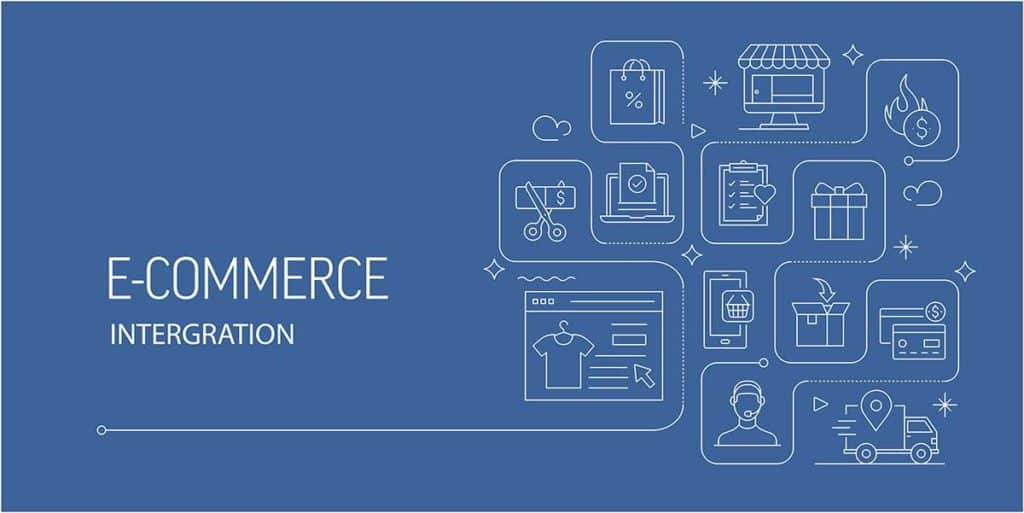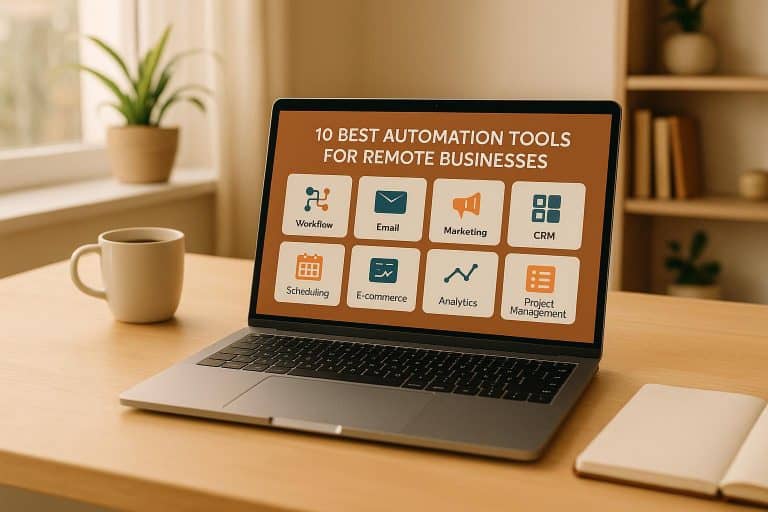Are you thinking about expanding your business, but are not sure how? Then consider adding more e-commerce channels to your business. This allows you to access new customers and increase your market share.
It’s estimated that 218.8 million people in the United States are expected to shop online. That’s a large audience and you can capture more of it by broadening your horizon to additional e-commerce channels.
Read on for 5 e-commerce platforms your business should consider to increase sales, get more customers, and increase customer recognition.
1. Amazon
Amazon is the biggest e-commerce platform in the world, and you are missing out if you’re not selling on there. You’ll access the biggest pool of customers, and they offer marketplaces worldwide. This includes Europe, Asia, North America, Africa, the Middle East, and Australia.
In fact, most sales at Amazon are generated by 3rd party users and not Amazon themselves. This means the platform will welcome you and offer a strong infrastructure to fulfil orders.
This is the FBA (Fulfillment by Amazon) service, which allows you to send products to their warehouse, and they will be sent out when customers place an order. This allows solo entrepreneurs to scale their business since there is no need to process stock manually.
To be successful on Amazon, you need to generate as many positive reviews as you can. It’s not recommended to ask for reviews directly since it’s against Amazon terms of service. However, if you sell high-quality products, you’ll eventually generate a large number of 5 star reviews.
2. eBay
eBay is the 2nd most popular e-commerce and allows you to reach a vast audience. The website started as a way of selling things around your house by offering them in an auction format. The auction format is the unique selling point of this platform.
However, it has grown to become something much more, and now you can sell a wide range of products using the auction or “Buy it Now” formats. You can sell anything on eBay since there are minimal restrictions.
This includes categories such as auto parts, clothing, electronics, books and much more. However, the seller fees on the platform are relatively high. Also, in some niches the competition is strong, so you may get into price wars to ensure you can sell products.
eBay buyers also pay strong attention to the customer review score when choosing what to buy. Therefore, you need to concentrate on generating as many 5 star reviews as possible to compete.

3. Walmart
Walmart has been around as a physical retail outlet and supermarket for a long time, but recently they have launched an online marketplace where third-party sellers are allowed to sell products. This offering is in direct competition with Amazon and provides a good infrastructure for selling products.
Firstly, the lack of high seller fees is an attractive aspect of the platform. You only pay referral fees when a product is purchased and fees differ based on your selling category.
Also, brands can list their entire catalog on Walmart since there are no restrictions regarding the number of SKUs they can list. However, the products must not be on Walmart’s prohibited list.
Compared to Amazon, sellers have a lot more control over the returns process on Walmart. That’s because they can create a returns policy up to 4,000 characters long. Returns are an inevitable aspect of doing business, which means having a policy in place is important.
Finally, since Walmart is a relatively new online marketplace, the competition is low. This means there are many niches that you can dominate right now. Do some product research and get going.
4. Etsy
Etsy is the best e-commerce platform for sellers offering custom and handmade products. One of the platform’s big attractions for sellers are the low fees. You can create a listing for just 20 cents and it can be live for up to 4 months. This is significantly cheaper compared to other online marketplaces.
Also, Etsy offers excellent tools for creating listings that are ideal for handmade products. Therefore, you can make your digital storefront your own and provide a massive amount of choice for clients.
The Etsy free shipping guarantee is another selling point, which helps increase sales. Sellers can use the Smart-Pricing tool to offer their items based on the free shipping options, which has proven to increase sales by up to 20%.
5. Shopify
Shopify enables businesses to create online stores by setting up professional websites without knowing a single line of code. The intuitive website builders offer templates and allow sellers to create beautifully crafted platforms that help showcase their brand.
The strong customer support at Shopify ensures that businesses can get the right help when figuring out how to use the platform to sell. This includes 24/7 live chat and hotlines in 4 different regions.
Furthermore, Shopify websites are built with strong SEO and other marketing tools to help you increase traffic. This is important because Shopify is not a typical marketplace where traffic is generated for you. Here there is a bigger emphasis on marketing to ensure you can create your own list of buyers.
However, the pricing for Shopify websites can be steep and advanced users may find limited customization options. Also, there is no email hosting, so you’ll need to invest in a 3rd party company that’s available via integrations.
Final Thoughts on E-Commerce Platforms Your Business Should Consider
Have the e-commerce platforms in this article excited you about the opportunity? That’s great because there’s a big potential to generate a large sales volume at these e-commerce websites. For best results, consider branching out to multiple websites and growing your business beyond limits.
However, you need to understand the pros and cons of each e-commerce platform to figure out the best strategy. Every platform requires a unique touch that increases the odds of success.








